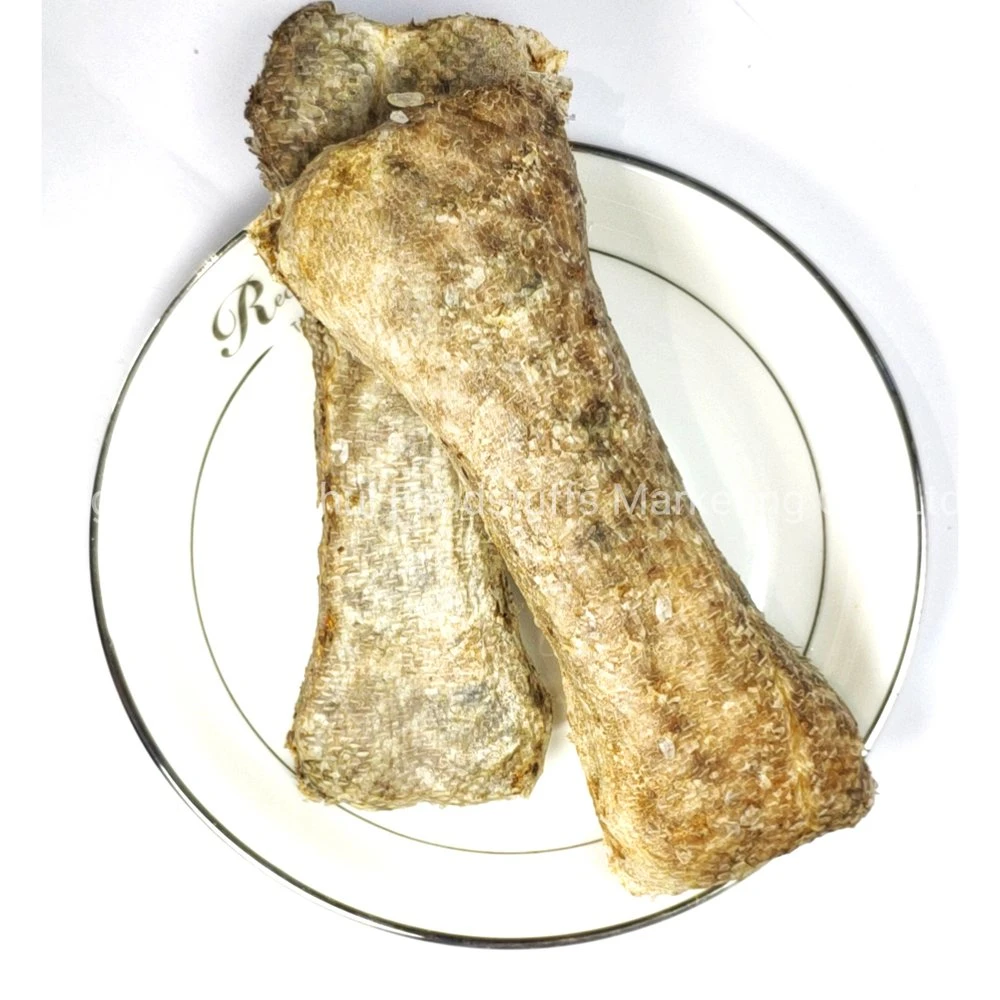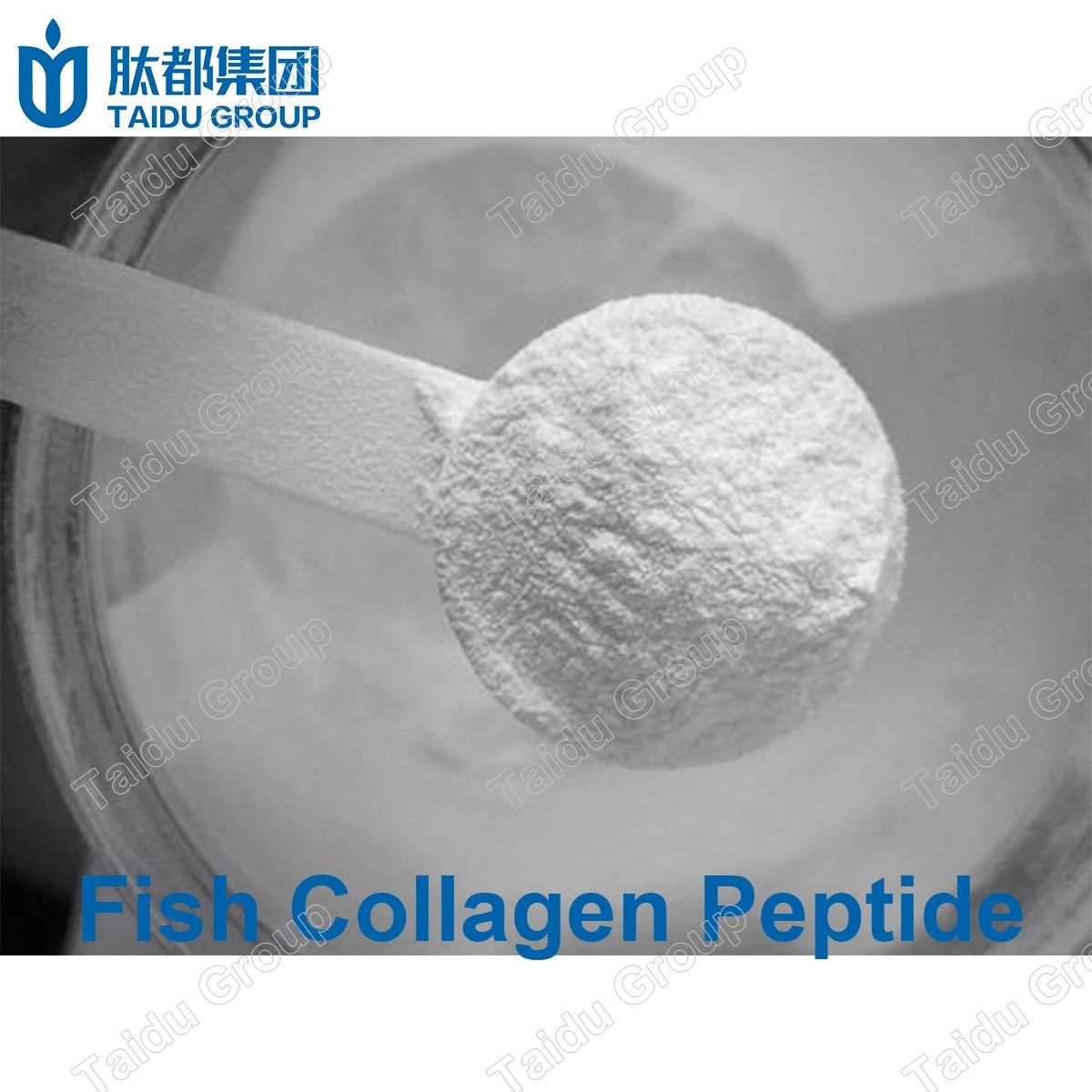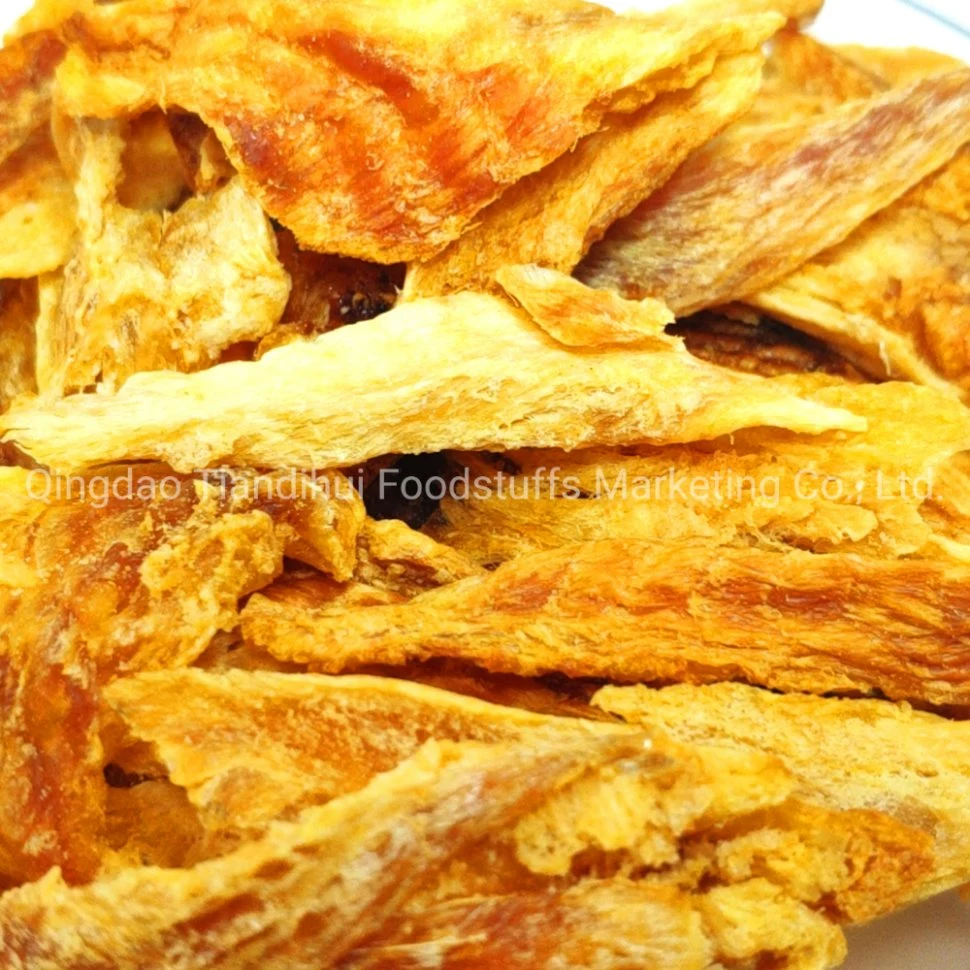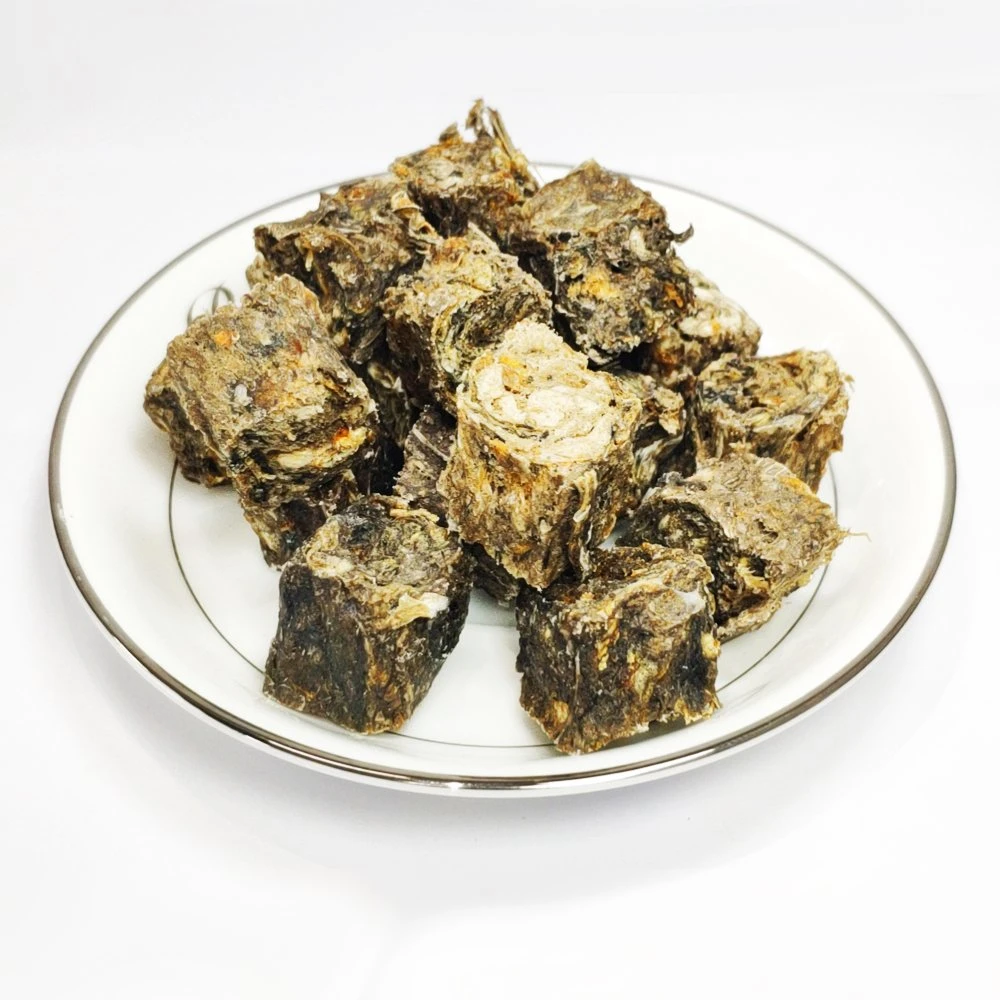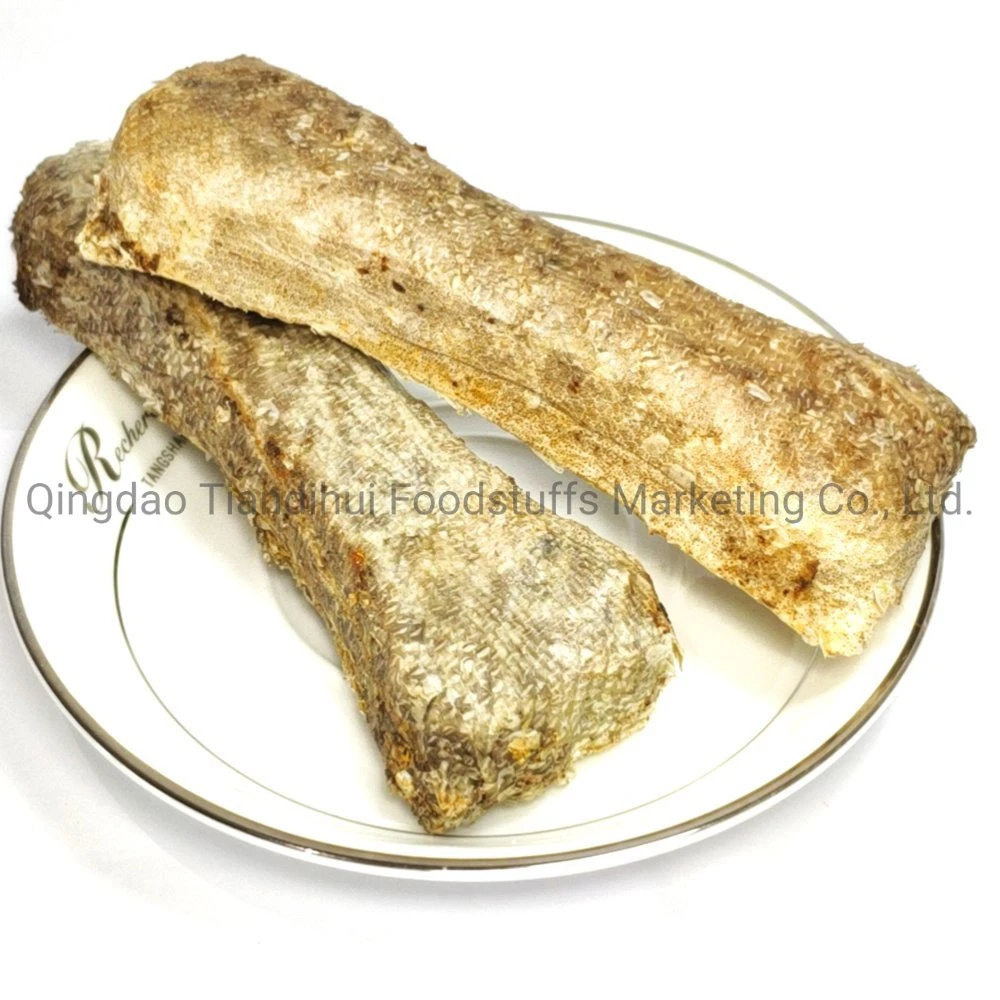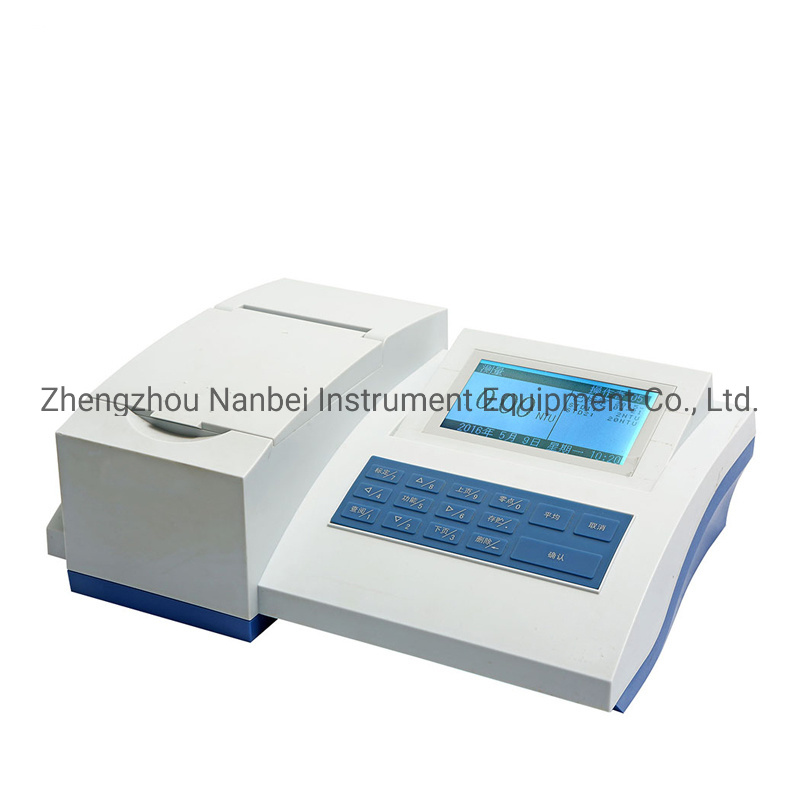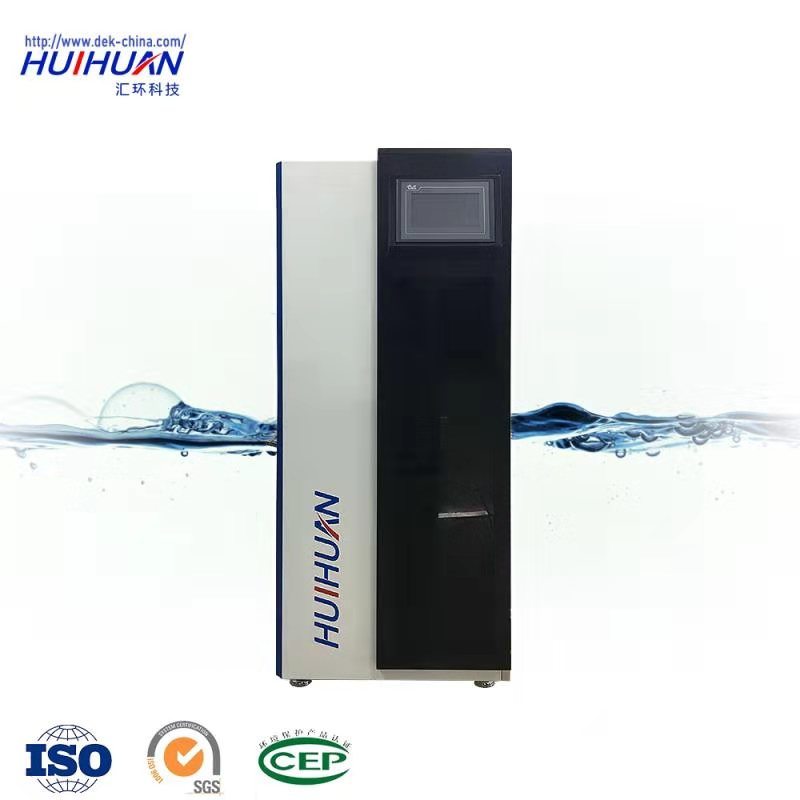No Bottom Pond, one of Brewster's many kettle ponds. FILE PHOTO
BREWSTER — Septic systems are the greatest contributor to groundwater and freshwater pond degradation, Susan Bridges, Brewster Ponds Coalition president, told about 100 residents attending the 2022 Ponds Summit June 17 at the Brewster Baptist Church.
While Brewster has been very forward-thinking about protecting the watershed around town wells, portions of town not protected by land purchases – including most of the ponds, bay water, and private wells – are experiencing increasing water quality degradation. Septic systems are the No. 1 cause, Bridges said.
Past summits have focused on energizing neighborhood groups toward pond remediation projects. This time, “we’re going to talk about a problem that hasn’t got a solution,” she said. “We are trying today to inspire the whole town, not just pond groups.”
“There are some important policy decisions looming ahead,” said Town Administrator Peter Lombardi. “The town wants to be sensitive to the cost-implications on taxpayers.”
Lombardi said Brewster’s best approach to improving local water quality “may be more unconventional than some of our neighbors, which is not a bad thing. Every town situation is different, and each solution will be unique.”
Brewster has 83 kettle ponds, more than any other Cape Cod town, and about 700 pond-view homes, said John Keith, vice president and a founding member of Brewster Ponds Coalition. Septic systems are probably the major controllable source of pollution in our ponds. Every house in Brewster uses the septic system, as do businesses.
A yearly average of one million gallons a day of wastewater is released from septic systems through the groundwater, Keith said. If old or overloaded, septic systems can adversely impact groundwater and ponds, which is more likely when they are located upstream or close to ponds.
Title V systems were designed to remove the solids and bacterial contamination, not for removal of nutrients, he said. Most of the nutrients are going into the leach field and down into the groundwater. The closer the leachtable to groundwater tables and ponds, the faster pollution is going to happen. Nutrients – particularly phosphorus – have a long retention time in ponds; it will take years to flush them out.
Six ponds in Brewster have had cyanobacteria blooms: Cliff, Cobb’s, Lower Mill, Schoolhouse, Seymour, and Walker. Flax, Higgens, Owl and Sheep ponds report low impairment. All other ponds are in some degree impaired, especially in late summer. Given that septic systems are the critical source for nutrients and chemicals that could impact groundwater, they must be addressed, or continued degradation will mean more pond closures due to health reasons, fish kills, and risk to home values, Keith said.
The town is working with Horsely-Whitten Group and will seek public comment on a study to determine available treatment options and sound funding mechanisms. A combination of solutions likely will cost tens of millions of dollars and require a 10-year implementation plan. If the town doesn’t start now, it’s only going to get worse, he said.
Barry Hemeon posing at Wychmere Harbor for Harwich Junior Theater, 1954. Photo Courtesy Of Lexi Soderberg
The Cape Cod Chronicle is an independent weekly newspaper covering the towns of Chatham, Harwich and Orleans, Massachusetts, on Cape Cod.
Contact us at The Cape Cod Chronicle, 60C Munson Meeting Way,

